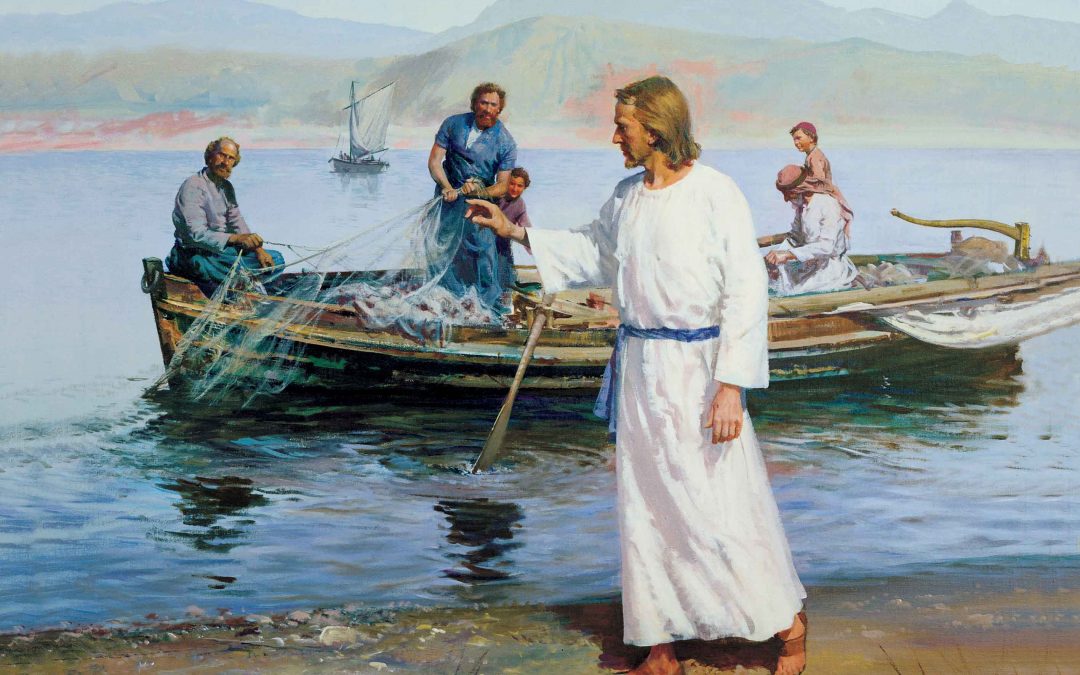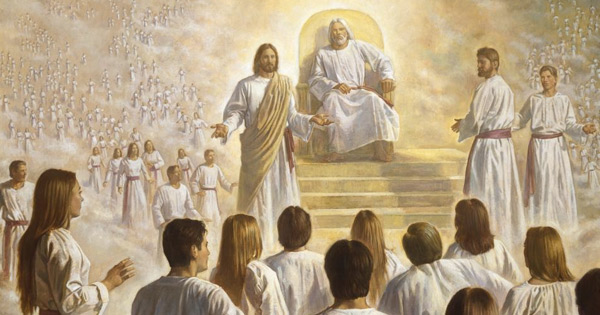Question
Dear Gramps,
What was the significance in the Savior asking Peter more than once, “Lovest thou me more than these?” , then, “Lovest thou me?”,… “Lovest thou me?” in John Chapter 21?
Michelle
Answer
Dear Michelle,
Much is lost in the translation of that passage from Greek into English. In Greek there are three different words that are translated into English as the word “love.”
Eros- romantic love
This is the genesis of the English term, erotic.
Phileo- to treat affectionately or kindly, to welcome, befriend
This is known as brotherly love, and is adopted into such English words, as Philadelphia.
Adelfos is the Greek term for brother; thus Philadelphia, the city of brotherly love.
Agapao- to love dearly
This type of love is known as the pure love of Christ. In 1 Corinthians 13:13, the word charity, which is translated in some versions of the bible as love, comes from the Greek agape.
So let’s look at that passage of scripture in John 21:15 using the original Greek terms-
15 So when they had dined, Jesus saith to Simon Peter, Simon, son of Jonas, lovest [Agapao] thou me more than these? He saith unto him, Yea, Lord; thou knowest that I love [Phileo] thee.
In verse 15 the antecedent of the pronoun, these, is not given. The Savior could well have been asking Peter if he loved him more than the fish that they had brought to shore. At any rate, Peter is here denying a feeling of that greater love that the Savior asked of him, replying that he loves him more as a friend. So a second time, the Savior asks the same question, this time not as a comparison, but if he loved him in that [agapao] manner, and receives the same answer.
16 He saith to him again the second time, Simon, son of Jonas, lovest [Agapeo] thou me? He saith unto him, Yea, Lord; thou knowest that I love [Phileo] thee.
So then the Savior asks ask Peter if he truly loves him as a friend,
17 He saith unto him the third time, Simon, son of Jonas, lovest [Phileo] thou me? Peter was grieved because he said unto him the third time, Lovest [Phileo] thou me? And he said unto him, Lord, thou knowest all things; thou knowest that I love [Phileo] thee.
Here Peter is piqued, offended (grieved) that the Lord would doubt his declaration of brotherly love, and affirms it forcefully.
Gramps







